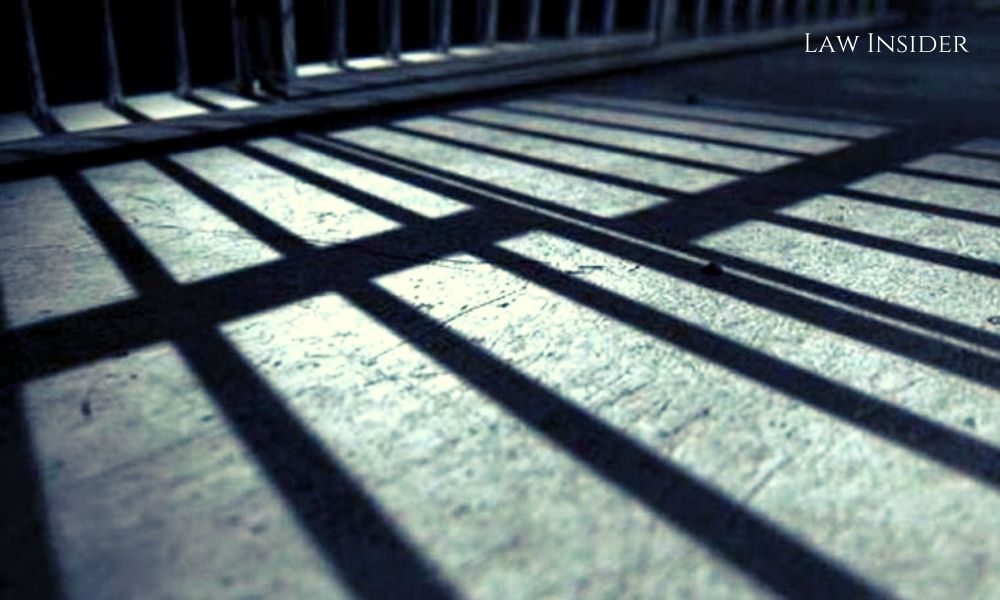Khushi Bajpai
Published on: September 13, 2022 at 21:22 IST
The Supreme Court decided on Monday that keeping children in adult prisons constituted a violation of their right to personal liberty.
One of the earliest ideas to “be purported by national courts,” according to a panel of Justices Dinesh Maheshwari and JB Pardiwala, is personal liberty.
According to the ruling, “liberty embraces these rights and benefits which have long been recognized as being important to the orderly pursuit of pleasure by a free man and not only freedom from bodily restraint.”
Relevantly, the bench also noted that the legal assistance programs, which “are entangled in red tape,” were one of the reasons an accused did not assert a claim of juvenility, even at a late point.
“The cruel truth is that even legal aid programs are bogged down in systemic bottlenecks, and frequently the person is first made aware of their rights, including the right to be treated differently on the basis of juvenility, at a far later stage of the procedure.”
These observations were given by the Supreme Court when it heard the plea of a murderer who was sentenced to life in prison. The convicted person claimed that he was 14 years old when the crime was committed and asked for directions to the State of Uttar Pradesh (UP) to have his exact age verified.
In 2016, the Supreme Court upheld the petitioner’s conviction.
He had not, however, brought up juvenility at the moment. Later, the petitioner had an age determination test at the state medical board’s recommendation, which also failed to confirm his youth.
The prisoner then found a family registration where his birth year was listed as 1968.
The petitioner would have been 14 years old at the time of the offence if 1968 had been his actual birth year.
The top court noted throughout the hearing that it is challenging for children to escape the adult criminal justice system undamaged once they become entangled in its web.
The administrators of the juvenile justice system “remain poorly informed regarding the rights of children and related responsibilities.”
The bench also decided that the petitioner’s claim that he was older when he was arrested or the headmaster’s assertion that the petitioner appeared to be one or two years older than his claimed age in the current case would not hold much weight.
The Court stated that “the documentary evidence entered into the record plays a key role in assessing the age of a child in confrontation with the law.”
After carefully deliberating the case, the two judges ordered that the petitioner undergo an ossification test or any other current medical age determination test.
Additionally, it was mandated that the test be performed by a group of three ethical professionals, one of whom is the director of the department of radiology.
The court further ordered the Sessions Court in Agra to review the petitioner’s alleged youth within a month.
However, highlighting that the family register assumes importance in light of the fact that the ossification test report may not be absolutely helpful in determining the exact age, the Sessions Court was asked to examine the authenticity and genuineness of the family register as well.

